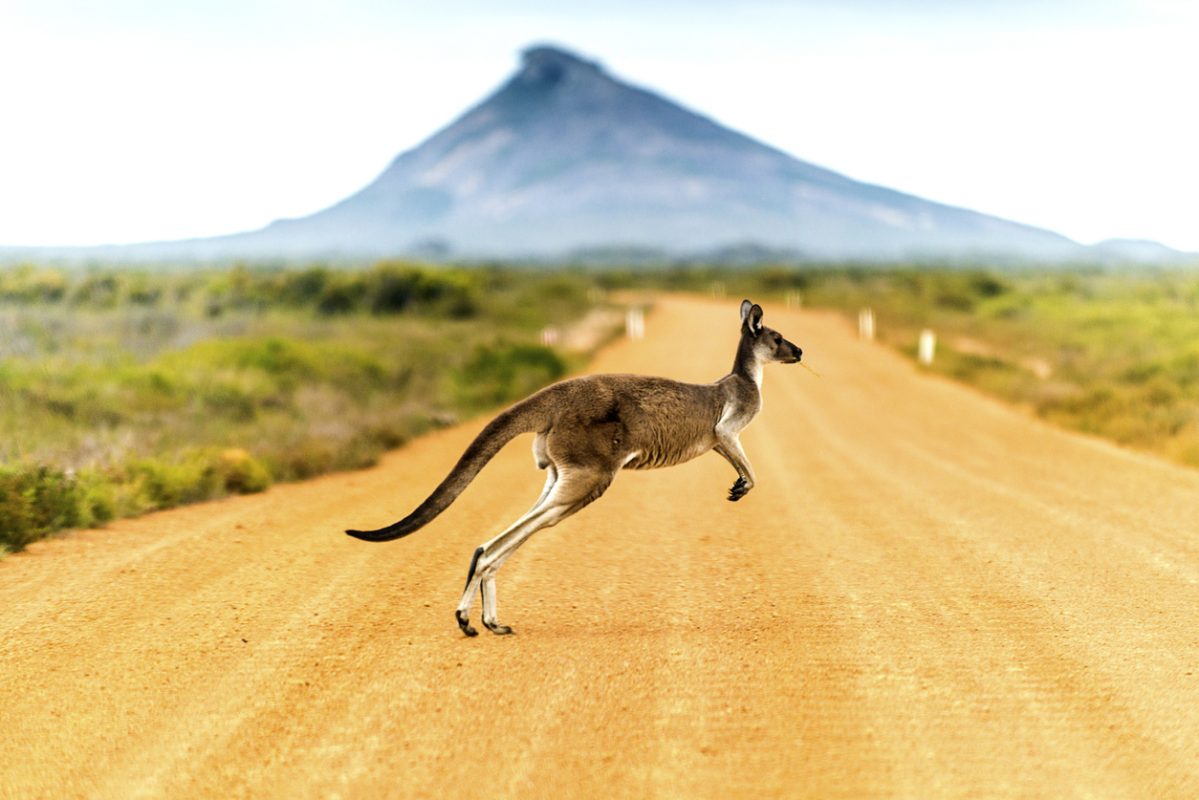Australia is well on its way to achieving its climate targets, but the policymakers must adapt to geopolitical challenges and expand their efforts across all sectors, according to the International Energy Agency.
The International Energy Agency (IEA) has published a new report reviewing Australia’s energy targets and climate change policies. The country has pledged in the Climate Change Act 2022 a 43-percent reduction of greenhouse gas emissions by 2030 and is committed to achieving net zero emissions by 2050. This target is achievable, according to the IEA, but requires a clear determination by policymakers to set achievable milestones in each sector on the path to 2050. These sectors include energy, agriculture, land use, industry, and waste management but also mining of critical minerals and their processing.
Energy security and energy affordability have become central aspects for governments across the globe considering geopolitical tensions like Russia’s invasion of Ukraine. Australia likewise must increase the resilience of its domestic energy network and supply, according to the IEA. In the fields of critical minerals and rare earth elements (REE), international dependency on China presents additional challenges for global supply chains. However, this dependency also presents unique opportunities for Australia, also recognized recently by Australia’s Minister for Resources: Australia is the world’s largest lithium producer and has substantial deposits of REEs with one of the only resources of dysprosium outside of China. Lithium is used in electric vehicle batteries while REEs are central to permanent magnet production used, for example, in wind turbines. Combined, critical minerals and REEs are crucial for carbon-free transportation and clean energy production.
Progress has been made but Australia is still dependent on fossil fuelsThe IEA urges the government now to expand efforts in these sectors and welcomes multilateral cooperation. Just recently the UK and Australia announced partnership in critical mineral mining and processing. Additionally, the IEA also sees progress in Australia’s effort to increase the research and adoption of new fuels like hydrogen despite still relying mainly on fossil fuels: Fossil fuels accounted for over 90 percent of Australia’s total energy consumption in 2021. Oil making up 32.3 percent, coal 31.6 percent, and natural gas 27.7 percent.
Photo: iStock/Andrew Bertuleit


